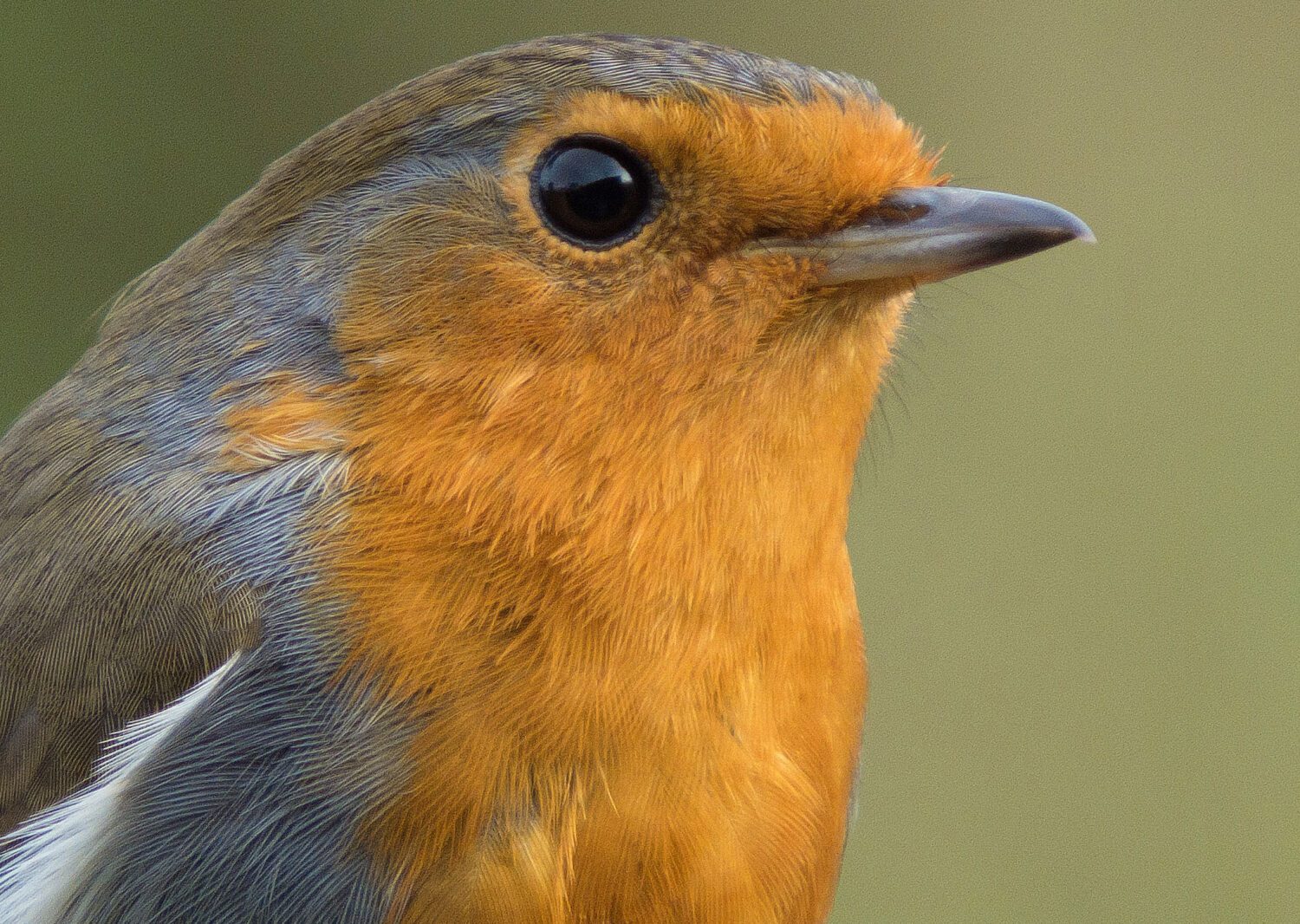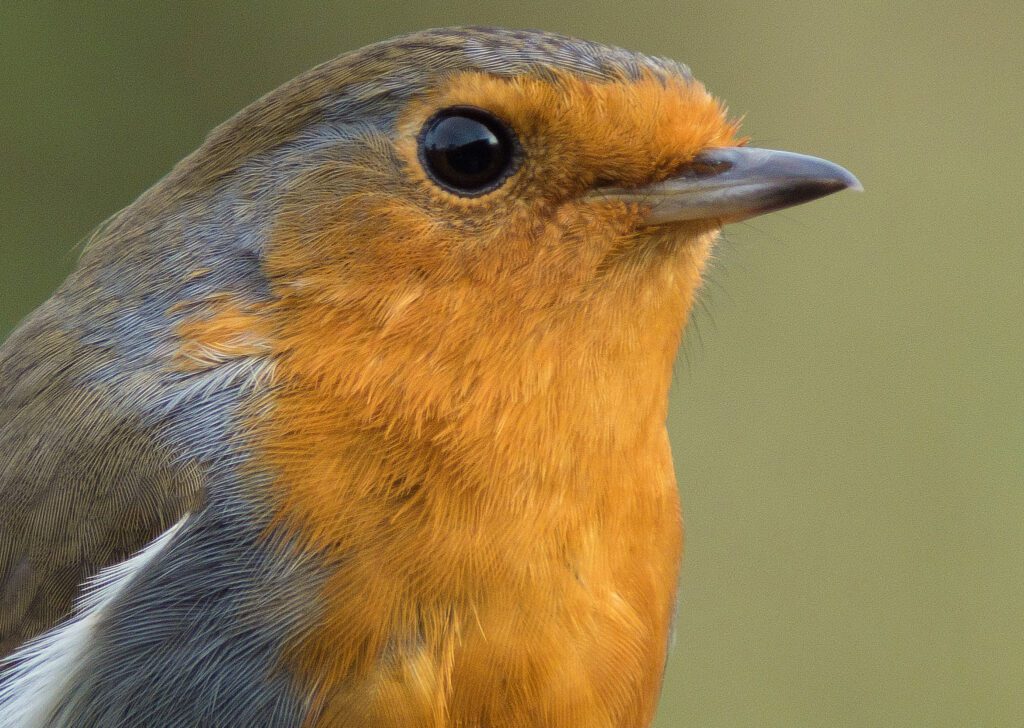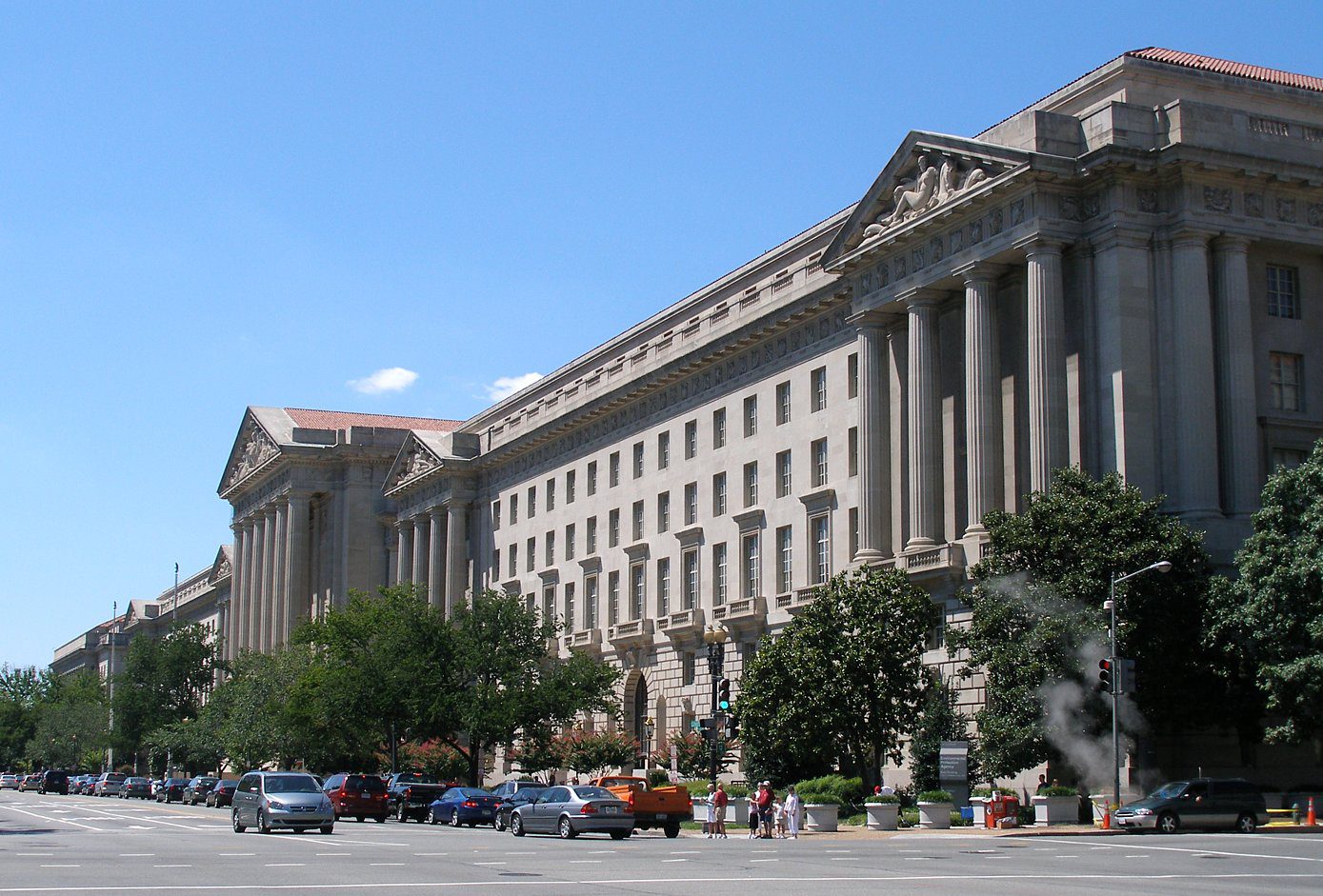
Food for thought: One in five children live in poverty, and they rely on school lunches to meet some or all of their nutritional needs. (Photo credit: National Institutes of Health)
S.E. Smith, Truthout: More than 12 million children in the U.S. experience food insecurity — and that doesn’t just mean they don’t always know when their next meal is. The backpack program, which is often administered through a food bank that partners with a school, is just one tactic being used by advocacy groups and schools to combat hunger and poverty.
>>>Fight child hunger this winter by supporting a backpack program.
Rainforest Rescue: Policymakers and industries in more than 20 countries have signed on to a “Biofuture Platform” that would use biofuels, bioplastics and biomaterials as an alternative to fossil fuels. The consequences for land, food production, ecosystems and human rights would be dire.
>>>Urge governments to reject the misguided Biofuture Platform and embrace real solutions such as reducing consumption, protecting ecosystems and promoting agroecology instead.
Ju-Hyun Park, 350.org: In 2014, after years of grassroots organizing, Governor Andrew Cuomo bowed to public pressure and banned fracking in the state of New York. But that hasn’t stopped the progress of a massive new fracked gas infrastructure project — the Williams Northeast Supply Enhancement Pipeline, which would stretch along the floor of New York Harbor for 23 miles, passing by Staten Island, Coney Island, just 4 miles south of the Rockaways. There’s no new demand for the gas that this pipeline would carry, and it endangers coastal communities, most of which are low-income communities of color.
>>>Tell Governor Cuomo to stop the Williams Pipeline.
Kevin Mathews, Care2: The House of Representatives passed a bill to remove protections from the gray wolf in the U.S, which would allow hunters and landowners to shoot the wolves at whim. Before these protections were instituted, the gray wolf was nearly wiped out entirely in the same way. The measures taken have helped the wolves to rebound to over 5,000, which is still way under what the population used to be. Although they may not be considered “endangered” anymore, reviving hunting is a recipe for decimating the population all over again.
>>>Urge Senate Energy & Natural Resources Chair Lisa Murkowski and the U.S. Senate to reject this bill .
Patagonia: Tasmania’s takayna/Tarkine is a 495,000-hectare region in northwestern Tasmania and one of the last undisturbed tracts of ancient rainforest in the world. The area is a crucial habitat for sixty of Tasmania’s rare and endangered species including the Tasmanian giant freshwater crayfish, the Tasmanian wedge-tailed eagle and the iconic Tasmanian devil. Despite its immense ecological and cultural value, it remains unprotected and at the mercy of destructive extraction industries, including logging and mining.
>>>Urge Tasmanian State Premier Will Hodgman to nominate takayna/Tarkine for World Heritage protection to protect it from extractive industries.
The Hunger Site: The fast fashion industry promotes cheaply made products that are “in style” for a single season, and then pushes out the next style as fast as the first. It is the second greatest pollution-causing industry on the planet and a huge exploiter of women and children.
>>>Tell the CEOs of Zara, H&M and Forever 21 to stop exploiting people and harming the planet by buying low-quality goods from unethical suppliers.
PETA: Since 2017, Johns Hopkins University experimenter Shreesh Mysore has received more than $800,000 in tax-funded grants from the National Institutes of Health (NIH) to conduct cruel and useless tests on barn owls, in which he restrains the birds, cuts into their skulls and inserts electrodes into their brains — even though the evidence is overwhelming that data from experiments on animals can’t be reliably applied to humans.
>>>Urge NIH not to squander taxpayer dollars on Mysore’s cruel and worthless experiments and instead to redirect funds to modern, superior, non-animal research methods.
Parting thought…
“It is one thing to show a man that he is in error, and another to put him in possession of the truth.” —John Locke
Earth | Food | Life (EFL) explores the critical and often interconnected issues facing the climate/environment, food/agriculture and animal/nature rights, and champions action; specifically, how responsible citizens, voters and consumers can help put society on an ethical path of sustainability that respects the rights of all species who call this planet home. EFL emphasizes the idea that everything is connected, so every decision matters.
Click here to support the work of EFL and the Independent Media Institute.
Questions, comments, suggestions, submissions? Contact EFL editor Reynard Loki at [email protected]. Follow EFL on Twitter @EarthFoodLife.




